On Feb. 17, United States Deputy Attorney General Lisa Monaco announced at the Munich Cyber Security Conference the formation of the new task force “dedicated to cryptocurrency” within the Federal Bureau of Investigation (FBI). Coming four months after the launch of the Justice Department’s National Cryptocurrency Enforcement Team (NCET), this marks another major step in the U.S. government’s crusade against criminal abuse of cryptocurrencies.
What the task force will look like
The name of the new task force that Monaco revealed is the Virtual Asset Exploitation Unit (VAXU). It will bring together the personnel from the various units of the FBI with crypto expertise to conduct investigations that use blockchain analysis and can result in virtual assets’ seizure. There are still not a lot of details available on the details of the VAXU’s operation but in her speech, Monaco clearly emphasized the fight against cyber ransomware as the main priority:
“Ransomware and digital extortion, like many other crimes fueled by cryptocurrency, only work if the bad guys get paid, which means we have to bust their business model [...] The currency might be virtual, but the message to companies is concrete: if you report to us, we can follow the money and not only help you but hopefully prevent the next victim.”
The VAXU also plans to work jointly with foreign task forces to track down multinational criminal networks operating in crypto.
Relation to the NCET
Despite its primary affiliation with the FBI, VAXU will in fact be part of the National Cryptocurrency Enforcement Team (NCET), launched in Oct. 2021, to target money launderers and cyber criminals. As per the official release, the NCET’s mission is to "tackle complex investigations and prosecutions of criminal misuses of cryptocurrency, particularly crimes committed by virtual currency exchanges, mixing and tumbling services, and money laundering infrastructure actors.”
The NCET’s mission includes investigation and prosecution of cryptocurrency cases, identifying areas for increased investigative and prosecutorial focus, building relationships with crypto-adjacent units and officers across the law enforcement system and collaborating with the industry players.
Essentially, the NCET has a mandate to participate in almost any relevant case, no matter who is investigating it. The addition of the FBI-backed VAXU will further extend the unit’s capacities and entrench its status as one of the most important forces in the crypto law enforcement game.
NCET’s new look
On Feb. 17, Eun Young Choi, ex-senior counsel to the Deputy Attorney General, was appointed to lead the NCET. Choi spent over nine years as the cybercrime coordinator at the U.S. attorney’s office for the Southern District of New York where she dealt with cryptocurrency while investigating money laundering schemes and online fraud.
To name one, Choi served as lead prosecutor in the case of illegal crypto exchange Coin.mx, an unlicensed virtual currency exchange whose operator, Anthony Murgio, was sentenced to 66 months in prison. She also successfully argued the appeal in the case against Ross Ulbricht, the founder of the Silk Road, who’s been serving his back-to-back life sentences since 2015.
Speaking to Cointelegraph, Sujit Raman, partner in the privacy and cybersecurity practice at Sidley Austin law firm, underlined the consistency of the current U.S. law enforcement approach. As early as 2018, the Department of Justice publicly declared that “cybercriminals increasingly use virtual currencies to advance their activities and to conceal their assets,” and announced its intention to “continue evaluating the emerging threats posed by rapidly developing cryptocurrencies that malicious actors often use.”
Detailed internal evaluation and analysis within DOJ led to the publication of a comprehensive crypto enforcement strategy by the Trump Administration in October 2020. Raman noted:
“The launching of the NCET and of the FBI’s Virtual Asset Exploitation Unit are, therefore, significant and important expansions upon lines of thinking that senior officials have been pursuing for some time, across administrations.”
Executive synergies
Michael Bahar, chair of global law firm Eversheds Sutherland’s Cybersecurity practice said to Cointelegraph that there will be a synergetic effect to the prospective cooperation between the DOJ and other regulatory bodies. Bahar commented:
“The growing experience and expertise within the Department of Justice will also spread to regulators like the Securities and Exchange Commission and financial regulators. Indeed, we should now expect the Department of Justice to further enhance its engagement with state and local law enforcement and regulatory bodies in the United States and globally.”
As Raman explains, these relationships between the DOJ and bodies such as the SEC, Commodity Futures Trading Commission (CFTC), Financial Crimes Enforcement Network (FinCEN) and Internal Revenue Service (IRS) already exist and, while there are limits on how much criminal enforcers can collaborate with civil regulators, “those partnerships will only continue to deepen.” But, in Raman’s opinion, the DOJ and its task forces will not drive the actual rulemaking around digital assets:
“DOJ is a law enforcement agency. It is not likely to play a very significant role in crafting a legislative framework to govern the crypto industry writ large.”
Both experts agree that these developments don’t pose any threat to the legitimate crypto industry. On the contrary, capable law enforcement can help move it forward toward becoming a more transparent and safe zone for investments.
The signal the DOJ activity sends is quite clear: It’s time to comply. “If you engage with cryptocurrency, you will need to demonstrate that you can do so in a compliant manner, calibrating your compliance programs to the unique risks that cryptocurrencies and the underlying blockchain technology present,” Bahar explained.
The continuing centralization and coordination of federal law enforcement’s investigative and prosecutorial efforts in the virtual currency space makes it clear: While the fast-growing crypto industry is here to stay, law enforcement is adjusting its strategies in response.

You can get bonuses upto $100 FREE BONUS when you:
💰 Install these recommended apps:
💲 SocialGood - 100% Crypto Back on Everyday Shopping
💲 xPortal - The DeFi For The Next Billion
💲 CryptoTab Browser - Lightweight, fast, and ready to mine!
💰 Register on these recommended exchanges:
🟡 Binance🟡 Bitfinex🟡 Bitmart🟡 Bittrex🟡 Bitget
🟡 CoinEx🟡 Crypto.com🟡 Gate.io🟡 Huobi🟡 Kucoin.



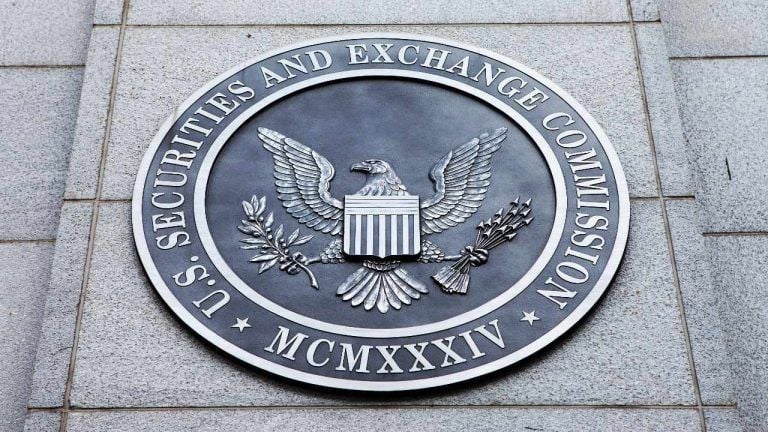




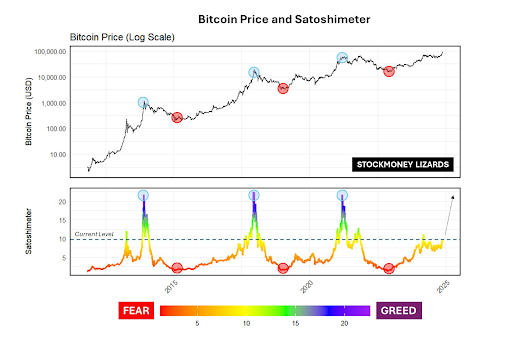
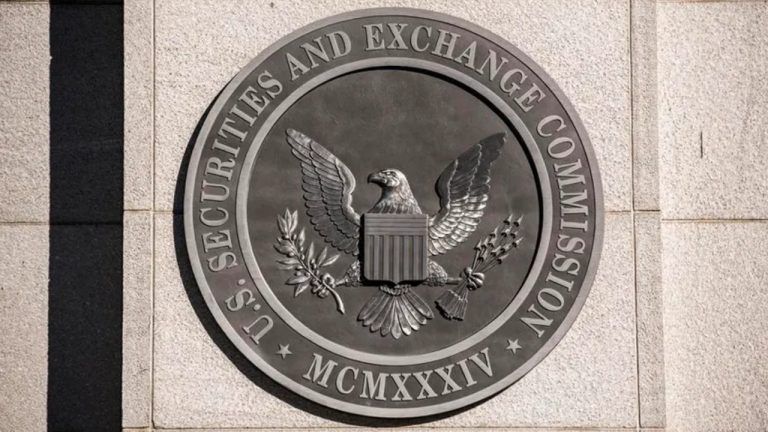

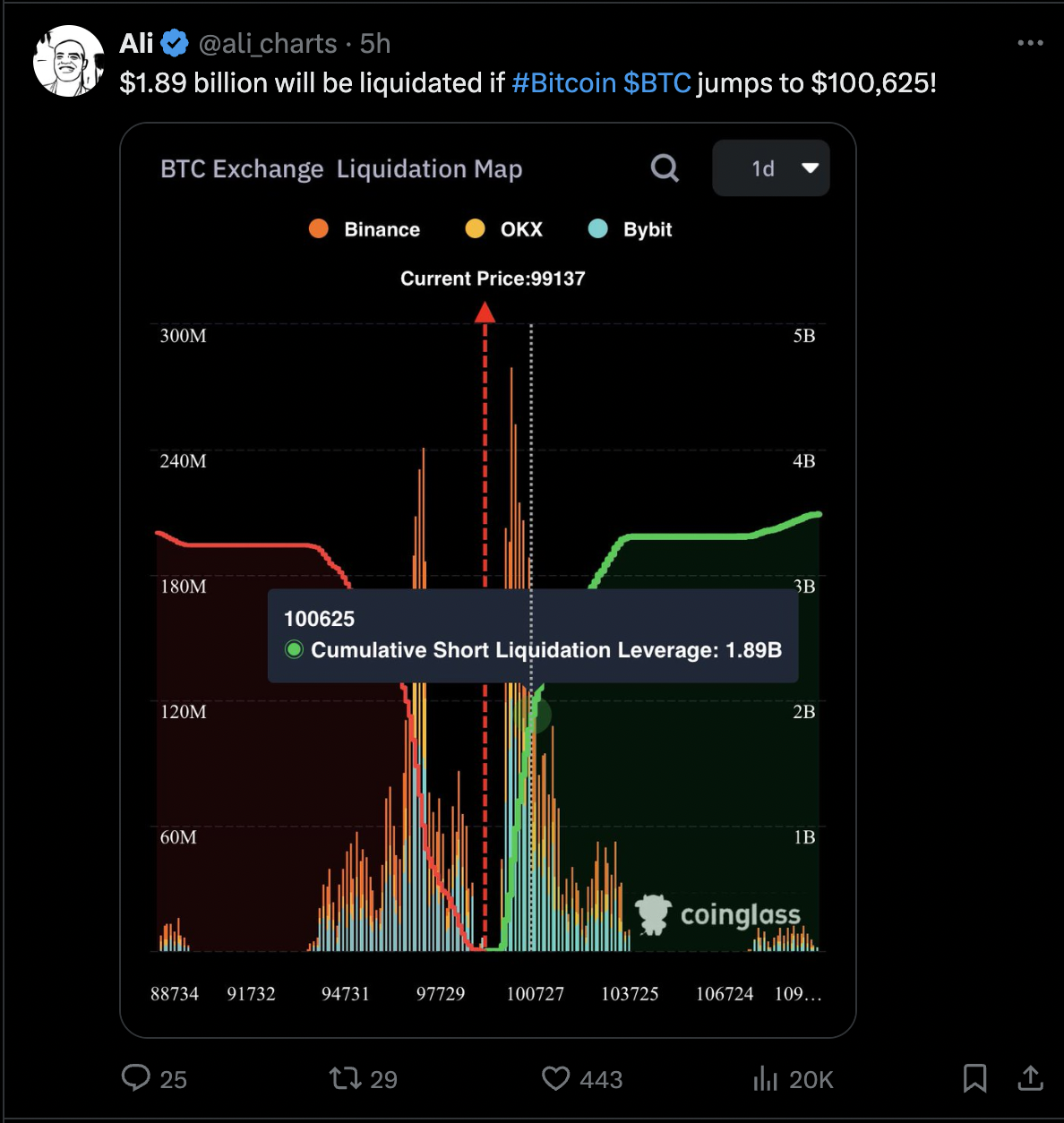
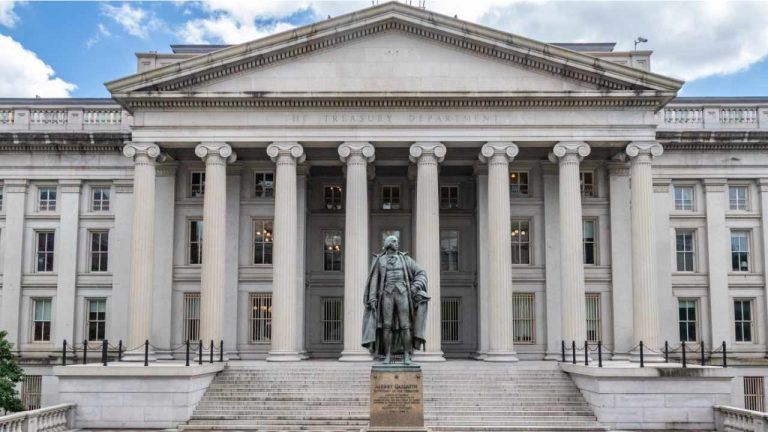







Comments